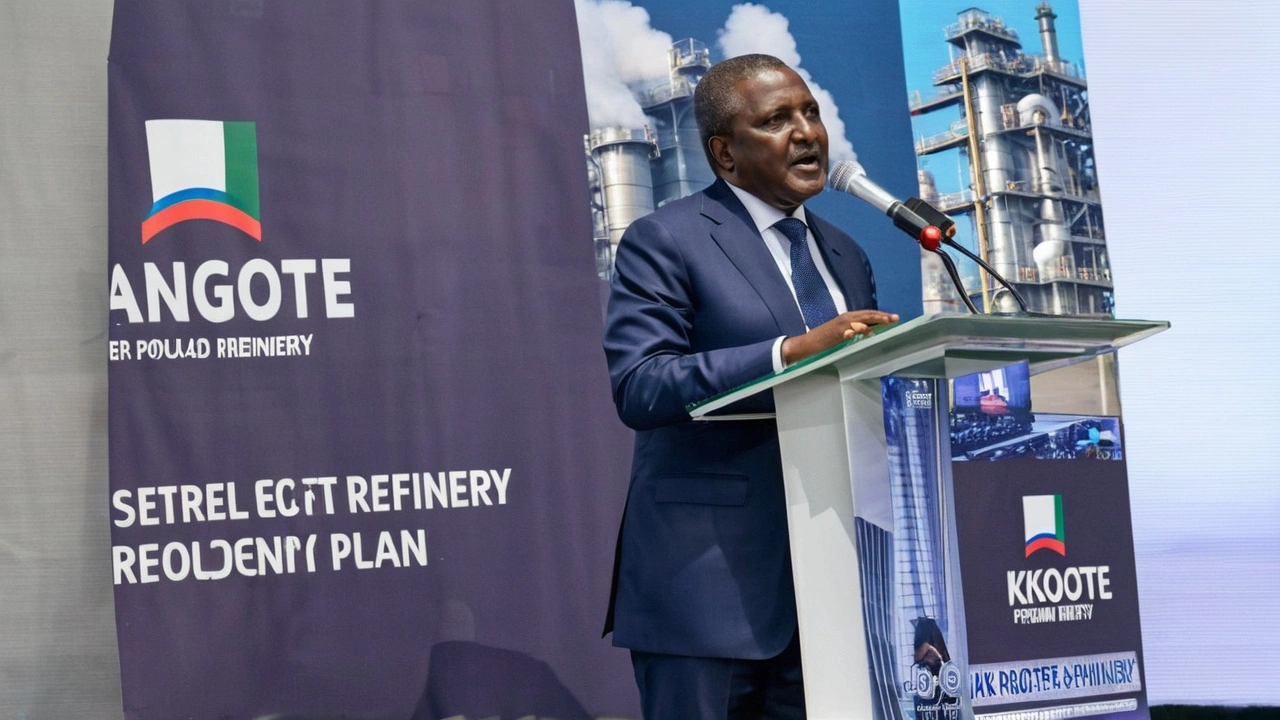Nigeria steel industry
Nigeria sits on large iron ore deposits, yet most finished steel used here is imported. That gap between raw material availability and local output tells you everything about the opportunity — and the headaches — in this sector. If you care about jobs, construction costs or local manufacturing, the steel industry matters.
Production today mainly comes from a mix of older integrated plants and many smaller rolling mills and mini-mills. Ajaokuta and Delta Steel are the names you’ll hear most often: Ajaokuta has been talked about for decades as the big national complex, while Delta Steel (Aladja) supplies sectional and construction steel to local markets. Beyond them, dozens of private operators run mills that turn scrap or billets into rods, sheets and rebar.
What’s holding the industry back?
Several practical problems keep Nigeria from turning iron ore into finished steel at scale. Power is the most obvious: mills need continuous electricity and most rely on expensive generators when the grid fails. Logistics and roads also push up costs — moving heavy raw materials across poor highways is slow and pricey. Funding and technical skills are other gaps: modern steelmaking needs big upfront capital and trained engineers. Finally, cheap imports and smuggling undercut local producers who can’t match low prices from overseas mills.
Where the opportunities are
Demand is reliable. Nigeria keeps building — homes, roads, bridges, rail projects and oil-and-gas infrastructure all need steel. That steady demand makes investments in local rolling mills and downstream plants attractive. Scrap-based mini-mills are especially interesting for investors: lower capital cost, quicker payback, and easier to place near consumption centers to cut transport costs.
Policy windows open and close, but local content rules in public contracts and growing interest in reviving big plants mean there are moments when government support can tilt the economics in favour of local producers. New technologies that lower energy use, or pairing mills with captive renewable power, can also change the math.
Want to consider investing or starting a mill? Focus on power solutions first — secure a stable, affordable energy plan. Map logistics: being close to ports, rail or major construction zones lowers costs. Lock in raw material: either by securing scrap suppliers or building strong ties to local ore sources. Finally, partner with experienced operators and plan for workforce training — getting skilled technicians on site matters more than fancy equipment.
For business leaders and policymakers, the priority is simple: reduce production costs and protect the local market from unfair imports while making it easier to raise long-term capital. For entrepreneurs, the near-term wins are in value-added processing close to demand and in energy-efficient mini-mill models.
Follow this tag on CottonCandi News for updates on plant revivals, policy moves, major contracts and investment deals in Nigeria’s steel sector. If you want practical angles on projects, regulation or local suppliers, tell us what you’re looking for and we’ll cover it.
